

There are pets for every lifestyle. For some people, an athletic dog to go jogging with every morning is ideal; others may want a cat who lazes on their lap, a colorful bird whose antics keep them company, or a turtle or school of fish that provide relaxing observation. Small animals – small mammals for the purpose of our pet guide – typically fall somewhere between “lap cat” and “school of fish,” in that they can be handled with care and are also delightful to observe in their own environment as they play – tunneling, batting balls, spinning their running wheels, and more! While caring for any animal is a serious responsibility, requiring daily attention and care, a gerbil is definitely a lower maintenance pet than a Belgian Malinois, which provides opportunities for different lifestyles or for teaching less experienced pet owners. Many adults credit being responsible for hamsters, guinea pigs, or other small animals as children as an experience that led to a lifelong love of pet ownership – but of course, grownups can enjoy them, too!
 Abyssinian
Abyssinian Affenpinscher
Affenpinscher Afghan Hound
Afghan Hound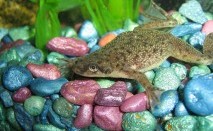 African Dwarf Frog
African Dwarf Frog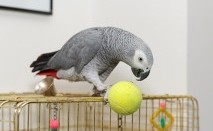 African Grey Parrot
African Grey Parrot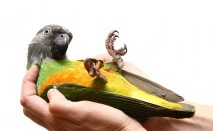 African Senegal
African Senegal Airedale Terrier
Airedale Terrier Akita
Akita Alaskan Husky
Alaskan Husky Alaskan Malamute
Alaskan Malamute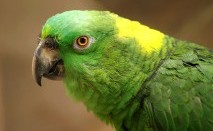 Amazons
Amazons American English Coonhound
American English Coonhound American Eskimo Dog
American Eskimo Dog American Foxhound
American Foxhound American Hairless Terrier
American Hairless Terrier American Leopard Hound
American Leopard Hound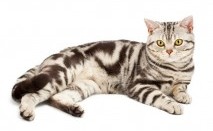 American Shorthair
American Shorthair American Water Spaniel
American Water Spaniel Anatolian Shepherd Dog
Anatolian Shepherd Dog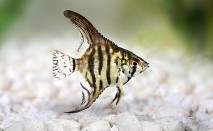 Angelfish
Angelfish Angelfish (freshwater)
Angelfish (freshwater) Australian Cattle Dog
Australian Cattle Dog Australian Shepherd
Australian Shepherd Australian Terrier
Australian Terrier Azawakh
Azawakh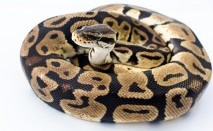 Ball Python
Ball Python Barbet
Barbet Basenji
Basenji Basset Hound
Basset Hound Beagle
Beagle Bearded Collie
Bearded Collie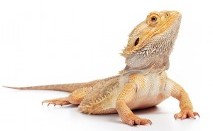 Bearded Dragon
Bearded Dragon Beauceron
Beauceron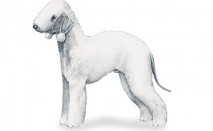 Bedlington Terrier
Bedlington Terrier Belgian Laekenois
Belgian Laekenois Belgian Malinois
Belgian Malinois Belgian Sheepdog
Belgian Sheepdog Belgian Tervuren
Belgian Tervuren Bergamasco
Bergamasco Berger Picard
Berger Picard Bernese Mountain Dog
Bernese Mountain Dog Bichon Frise
Bichon Frise Biewer Terrier
Biewer Terrier Birman
Birman Black and Tan Coonhound
Black and Tan Coonhound Black Russian Terrier
Black Russian Terrier Bloodhound
Bloodhound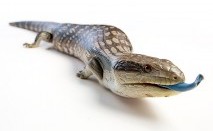 Blue Tongue Skink
Blue Tongue Skink Bluetick Coonhound
Bluetick Coonhound Border Collie
Border Collie Border Terrier
Border Terrier Borzoi
Borzoi Boston Terriers
Boston Terriers Bouvier des Flandres
Bouvier des Flandres Boxer
Boxer Boykin Spaniel
Boykin Spaniel Briard
Briard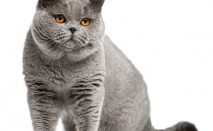 British Shorthair
British Shorthair Brittany
Brittany Brussels Griffon
Brussels Griffon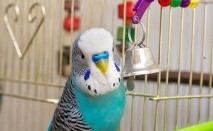 Budgerigar
Budgerigar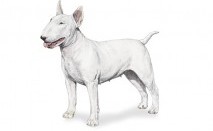 Bull Terrier
Bull Terrier Bulldog
Bulldog Bullmastiff
Bullmastiff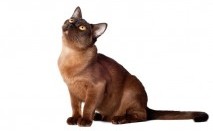 Burmese
Burmese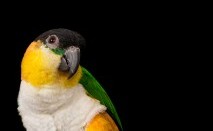 Caique
Caique Canaan Dog
Canaan Dog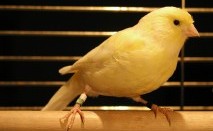 Canary
Canary Cane Corso
Cane Corso Cardigan Welsh Corgi
Cardigan Welsh Corgi Cavalier King Charles Spaniel
Cavalier King Charles Spaniel Cesky Terriers
Cesky Terriers Chesapeake Bay Retriever
Chesapeake Bay Retriever Chihuahua
Chihuahua Chinese Crested
Chinese Crested Chinese Shar-Pei
Chinese Shar-Pei Chinook
Chinook Chow
Chow Clumber Spaniel
Clumber Spaniel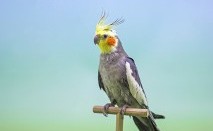 Cockatiel
Cockatiel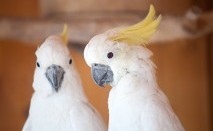 Cockatoo
Cockatoo Cocker Spaniel
Cocker Spaniel Collie
Collie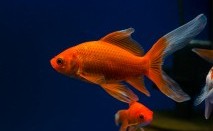 Comet Goldfish
Comet Goldfish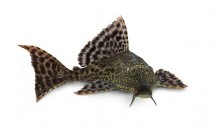 Common Pleco
Common Pleco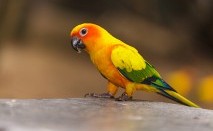 Conure
Conure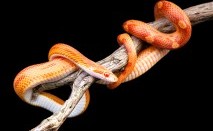 Corn Snake
Corn Snake Corydoras Catfish
Corydoras Catfish Coton de Tulear
Coton de Tulear Crested Gecko
Crested Gecko Curly Coated Retriever
Curly Coated Retriever Dachshund
Dachshund Dalmatian
Dalmatian Dandie Dinmont Terrier
Dandie Dinmont Terrier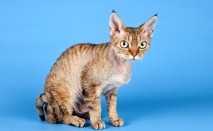 Devon Rex
Devon Rex Doberman Pinscher
Doberman Pinscher Dogo Argentino
Dogo Argentino Dogue de Bordeaux
Dogue de Bordeaux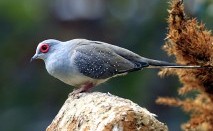 Dove
Dove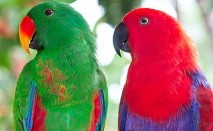 Eclectus Parrot
Eclectus Parrot English Cocker Spaniel
English Cocker Spaniel English Foxhound
English Foxhound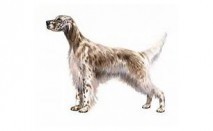 English Setter
English Setter English Springer Spaniel
English Springer Spaniel English Toy Spaniel
English Toy Spaniel Entlebucher Mountain Dog
Entlebucher Mountain Dog Fancy Guppy
Fancy Guppy Ferret
Ferret Field Spaniel
Field Spaniel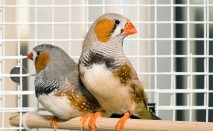 Finch
Finch Finnish Lapphund
Finnish Lapphund Finnish Spitz
Finnish Spitz Flat-Coated Retriever
Flat-Coated Retriever French Bulldog
French Bulldog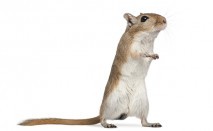 Gerbil
Gerbil German Pinscher
German Pinscher German Shorthaired Pointer
German Shorthaired Pointer German Wirehaired Pointer
German Wirehaired Pointer Giant Schnauzer
Giant Schnauzer Glen of Imaal Terrier
Glen of Imaal Terrier GloFish
GloFish Golden Retriever
Golden Retriever Gordon Setter
Gordon Setter Grand Basset Griffon Vendéen
Grand Basset Griffon Vendéen Great Dane
Great Dane Great Pyrenees
Great Pyrenees Greater Swiss Mountain Dog
Greater Swiss Mountain Dog Greek Tortoise
Greek Tortoise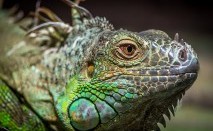 Green Iguana
Green Iguana Greyhound
Greyhound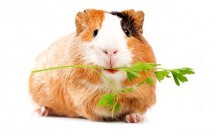 Guinea Pig
Guinea Pig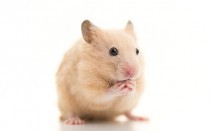 Hamster
Hamster Harrier
Harrier Havanese
Havanese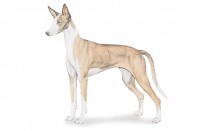 Ibizan Hound
Ibizan Hound Icelandic Sheepdog
Icelandic Sheepdog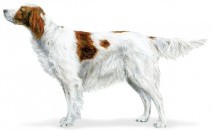 Irish Red and White Setter
Irish Red and White Setter Irish Setter
Irish Setter Irish Terrier
Irish Terrier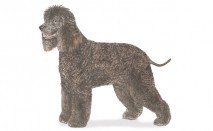 Irish Water Spaniel
Irish Water Spaniel Irish Wolfhound
Irish Wolfhound Italian Greyhound
Italian Greyhound Japanese Chin
Japanese Chin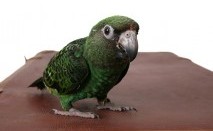 Jardine’s Parrot
Jardine’s Parrot Keeshond
Keeshond Kerry Blue Terrier
Kerry Blue Terrier Komondor
Komondor Kuvasz
Kuvasz Labrador Retriever
Labrador Retriever Lagotto Romagnolo
Lagotto Romagnolo Lakeland Terrier
Lakeland Terrier Leonberger
Leonberger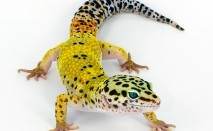 Leopard Gecko
Leopard Gecko Lhasa Apso
Lhasa Apso Lorikeets
Lorikeets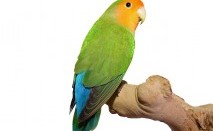 Lovebird
Lovebird Lowchen
Lowchen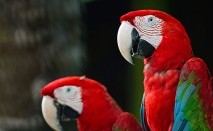 Macaw
Macaw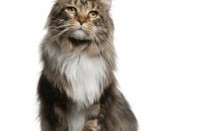 Maine Coon
Maine Coon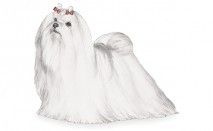 Maltese
Maltese Manchester Terrier
Manchester Terrier Mastiff
Mastiff Milk Snake
Milk Snake Miniature American Shepherd
Miniature American Shepherd Miniature Bull Terrier
Miniature Bull Terrier Miniature Pinscher
Miniature Pinscher Miniature Schnauzer
Miniature Schnauzer Molly
Molly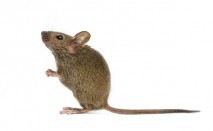 Mouse (Fancy)
Mouse (Fancy)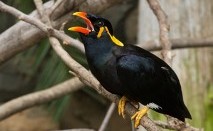 Mynah
Mynah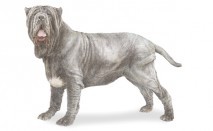 Neapolitan Mastiff
Neapolitan Mastiff Nederlandse Kooikerhondje
Nederlandse Kooikerhondje Neon Tetra
Neon Tetra Newfoundland
Newfoundland Norfolk Terrier
Norfolk Terrier Norwegian Buhund
Norwegian Buhund Norwegian Elkhound
Norwegian Elkhound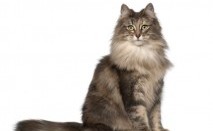 Norwegian Forest Cat
Norwegian Forest Cat Norwegian Lundehund
Norwegian Lundehund Norwich Terrier
Norwich Terrier Nova Scotia Duck Tolling Retriever
Nova Scotia Duck Tolling Retriever Old English Sheepdog
Old English Sheepdog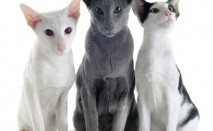 Oriental
Oriental Otterhound
Otterhound Papillon
Papillon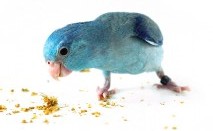 Parrotlets
Parrotlets Parson Russell Terrier
Parson Russell Terrier Pekingese
Pekingese Pembroke Welsh Corgi
Pembroke Welsh Corgi Persian
Persian Petit Bassett Griffon Vendeen
Petit Bassett Griffon Vendeen Pharaoh Hound
Pharaoh Hound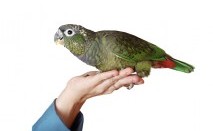 Pionus
Pionus Plott Hound
Plott Hound Pointer
Pointer Polish Lowland Sheepdog
Polish Lowland Sheepdog Pomeranian
Pomeranian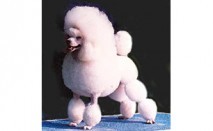 Poodle
Poodle Portuguese Podengo Pequeno
Portuguese Podengo PequenoJust as the family dog or cat became ubiquitous with American culture after the end of World War II, as people have moved from rural to urban areas, into smaller homes and apartments, our choice in companions has changed, as well: hamsters, ferrets, guinea pigs, rats and other furry critters have become mainstream pets over the last four decades, much to the delight end education of millions! Learn more >>
There is evidence of mice being selectively bred dating all the way back to 1,100 BCE, but rats have only been selectively bred for a few hundred years -- and much of that time, for baiting (a bloodsport that is now illegal in most countries). But due to the rat's ability to reproduce quickly and careful selection by their owners, domesticated rats have become noticeably different from their wild counterparts in a remarkably short period of time. Physically, domesticated rats generally have much wider variety of coats, smaller bodies, larger ears, longer tails, and they reach sexual maturity earlier; psychologically, they are generally much calmer around humans -- even affectionate toward their owners -- while being less cautious and likely to startle.
 Discover Animals is a web-based educational resource offered by the NAIA
Discover Animals is a web-based educational resource offered by the NAIA